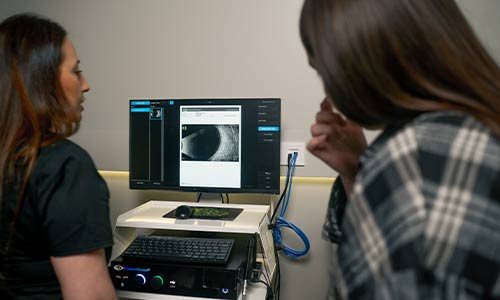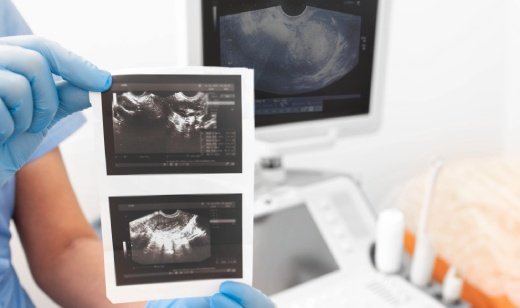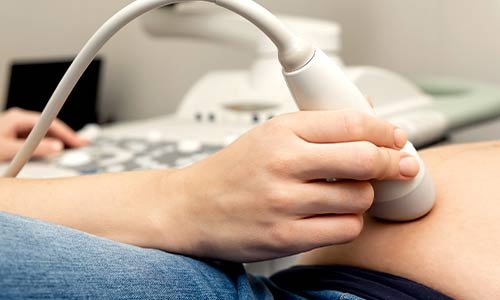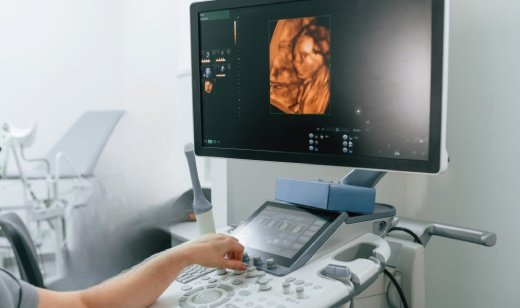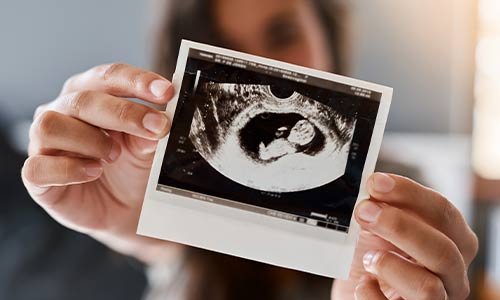Fetomat Wellness | Fetal Medicine Clinic in Kolkata
Fetomat Wellness is a network of maternal-fetal medicine clinics in Kolkata dedicated to high-risk pregnancy, complicated pregnancy management and fetal medicine.
It was set up in 2013 to help communities have seamless access to skilled care in women’s health to achieve safe motherhood and healthy babies. Fetomat has become one of the largest Fetal and Maternal Medicine centres in Eastern India for pregnancy care, prenatal diagnosis and genetic counseling.
Having helped more than 20000 patients over the years, our speciality lies in Fetal Medicine. We have the best fetal medicine doctors in Kolkata who can give you proper and compassionate treatment.
Our Specialty
Our Services
Book Your Appointment Today

Hear from Our Patients
Our Blogs
Expecting Twins (or More)? How Fetal Medicine Helps You Navigate the Chaos Safely
Finding out you’re expecting twins or more can feel both magical and nerve-wracking. There’s excitement, joy, and a fair bit of anxiety. Managing two (or more) babies at once is never easy — and neither is carrying them safely. That’s where expert care steps in. With...
When the Heart Weakens: Treating Fetal Arrhythmias Through the Mother
The Silent Struggle of Fetal Heartbeats When you first hear your baby’s heartbeat, it's one of the most cherished moments of pregnancy. But what happens if that heartbeat sounds irregular? Fetal arrhythmias, or abnormal heart rhythms, may be the cause. These...
Understanding the Role of Chorionic Villus Sampling (CVS) in Detecting Genetic Disorders
Genetic disorders often remain hidden until after birth. But early prenatal testing provides crucial knowledge to expectant parents. One of the earliest and most reliable prenatal tests is Chorionic Villus Sampling (CVS). It is performed between the 10th and 13th week...
Our Locations

South Kolkata






